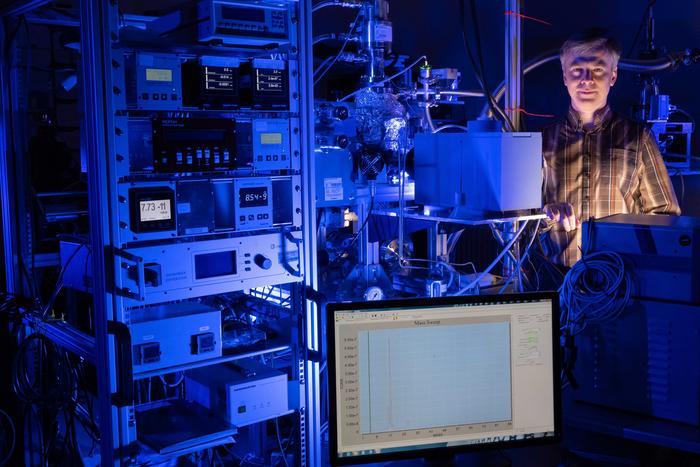Peptides are small molecules that play important roles in living things, such as helping with chemical reactions. Scientists from the Max Planck Institute for Astronomy in Jena, Germany, have shown that simple peptides can form on tiny dust particles in space. However, they thought this would not happen if the dust was covered in ice containing water, which is common in space.
Now, the team, working with researchers from the University of Poitiers in France, has found that water molecules do not prevent peptides from forming on these dust particles. They reported their findings in the journal “Science Advances”.
The scientists used a special chamber to create conditions similar to those in space, adding chemicals found in “molecular clouds”. These chemicals included ammonia, carbon, and carbon monoxide, which are the building blocks needed for simple peptides.
From Building Blocks to Peptides
The raw materials first form chemicals called aminoketenes, which then link together to create peptide chains. Scientists previously thought that water might stop this process, but the new study shows that water only slows it down by about half, which is not significant over the long timescales of space.
Advanced techniques at the University of Poitiers allowed the researchers to analyze the peptide formation in great detail. This led to the discovery that water does not prevent peptides from forming in space.
While it is still unclear whether the first molecules of life on Earth came from space or formed on our planet, this study suggests that space cannot be ruled out as a possible source of life’s building blocks.

